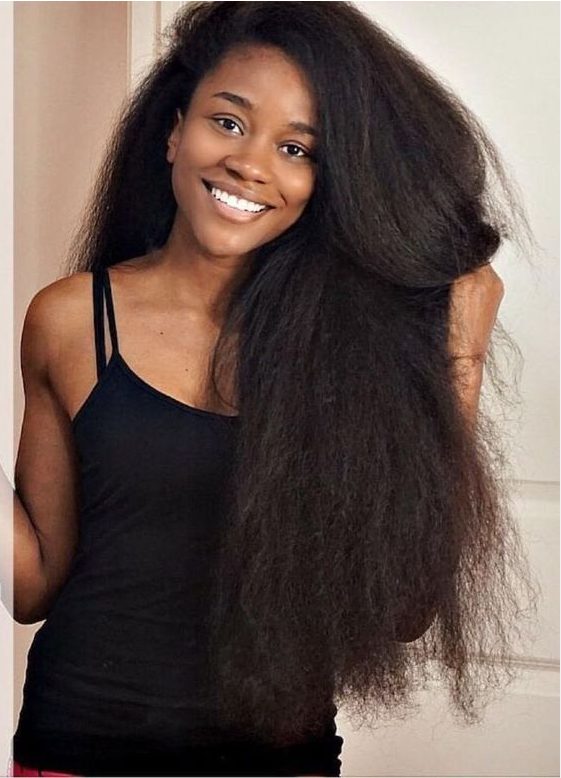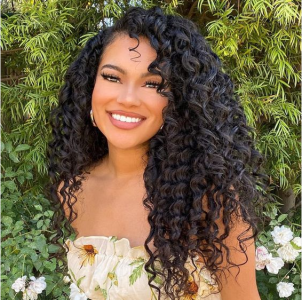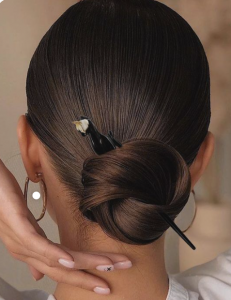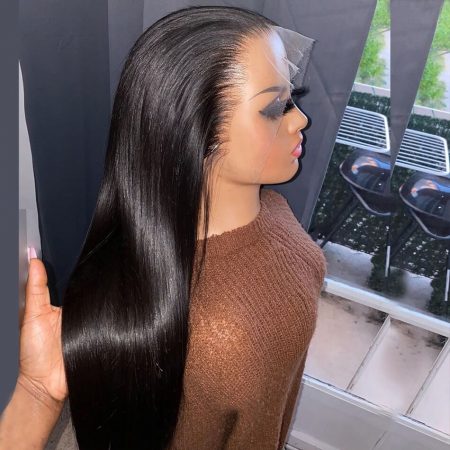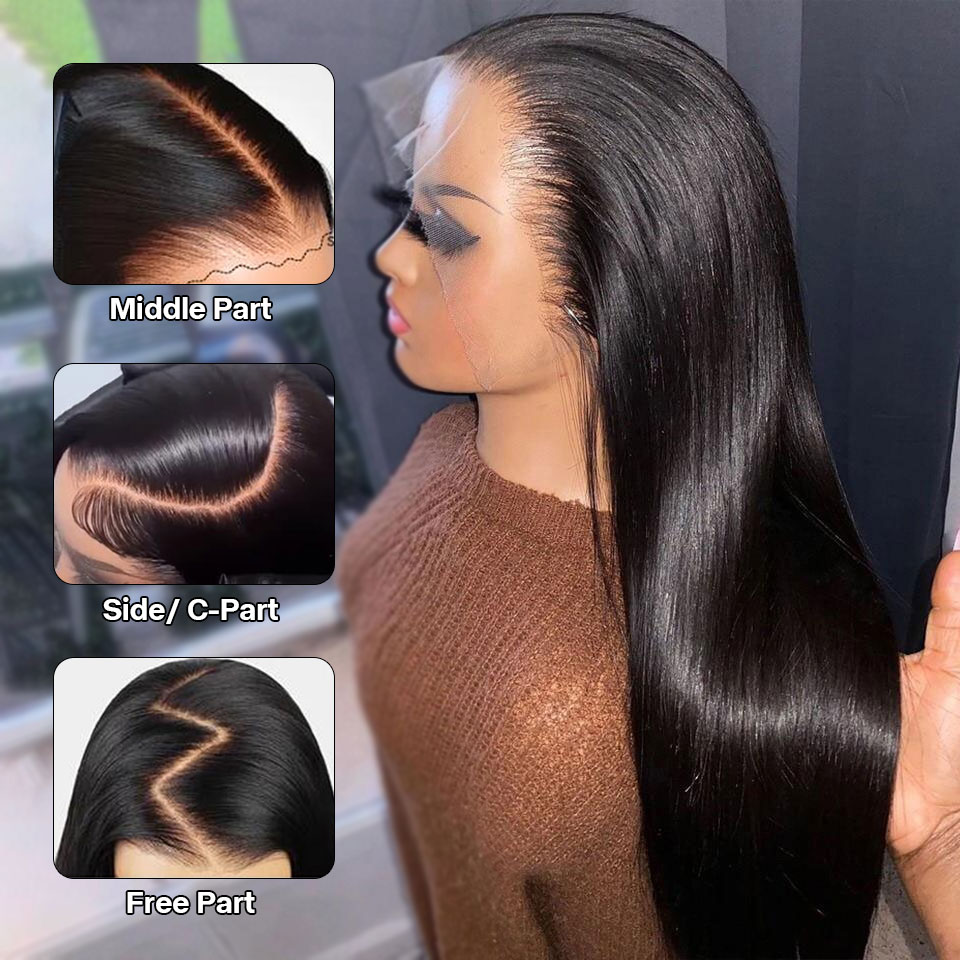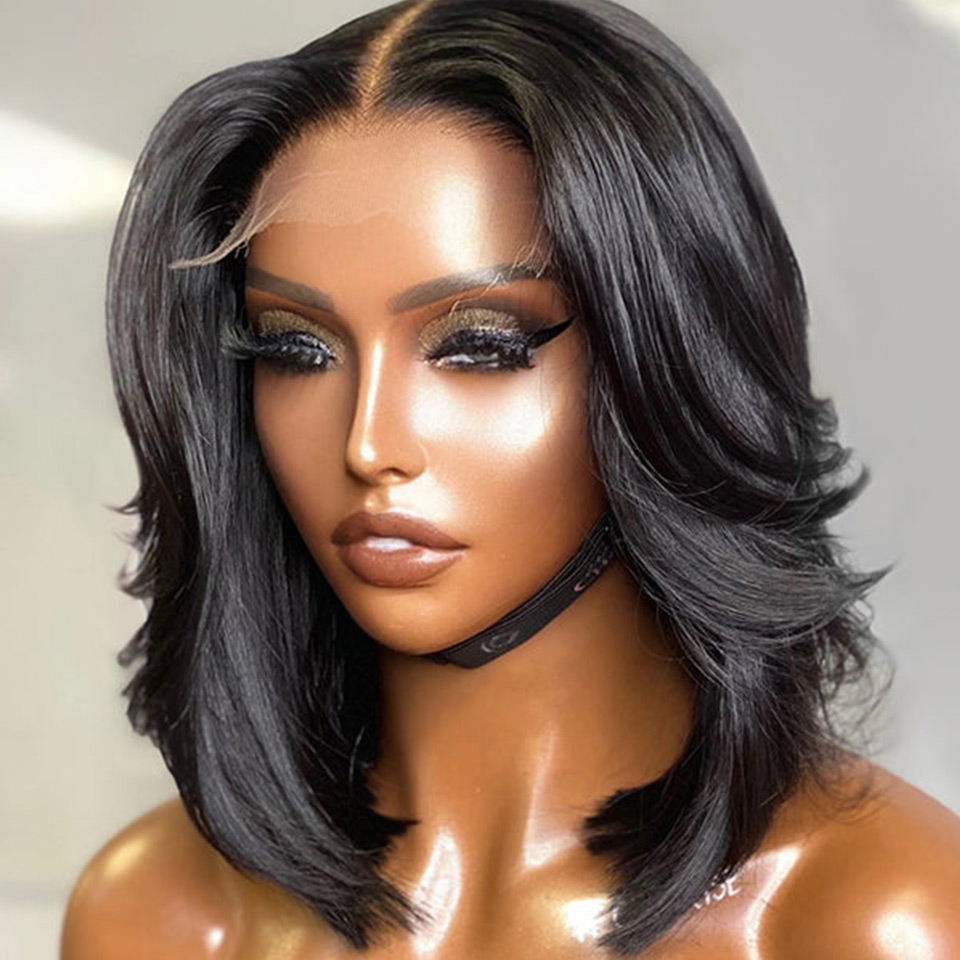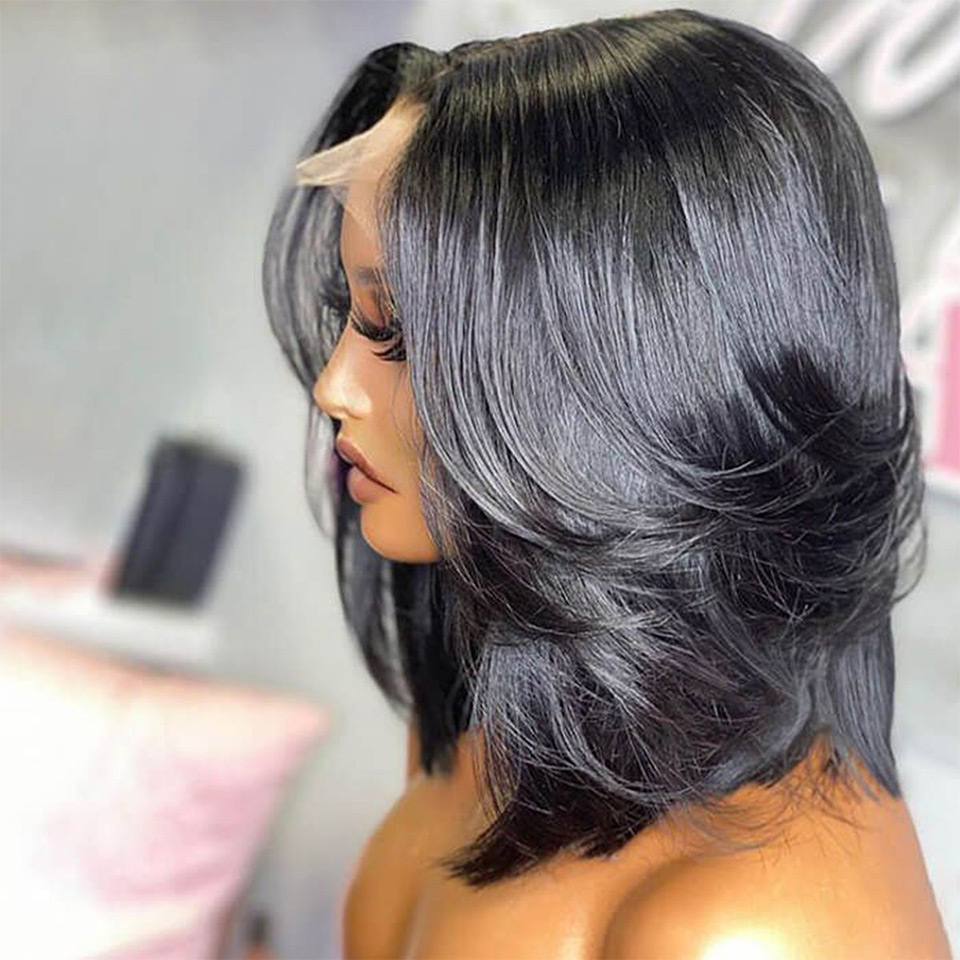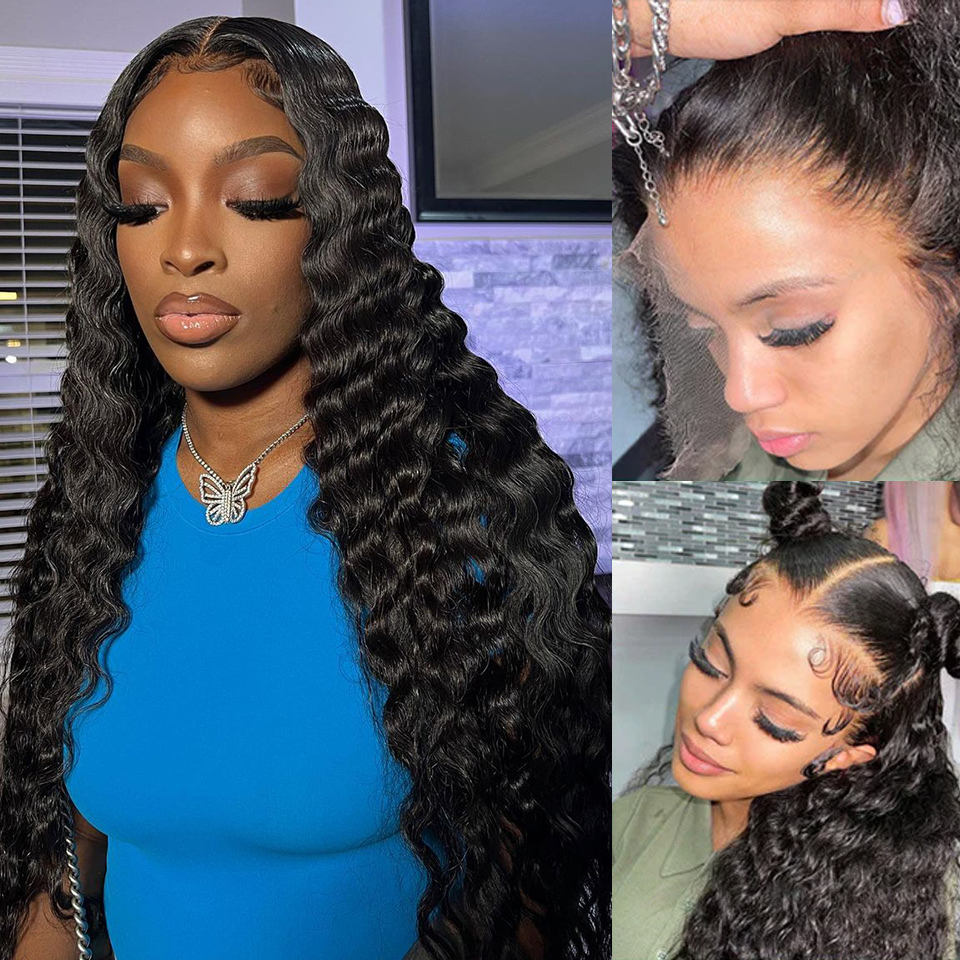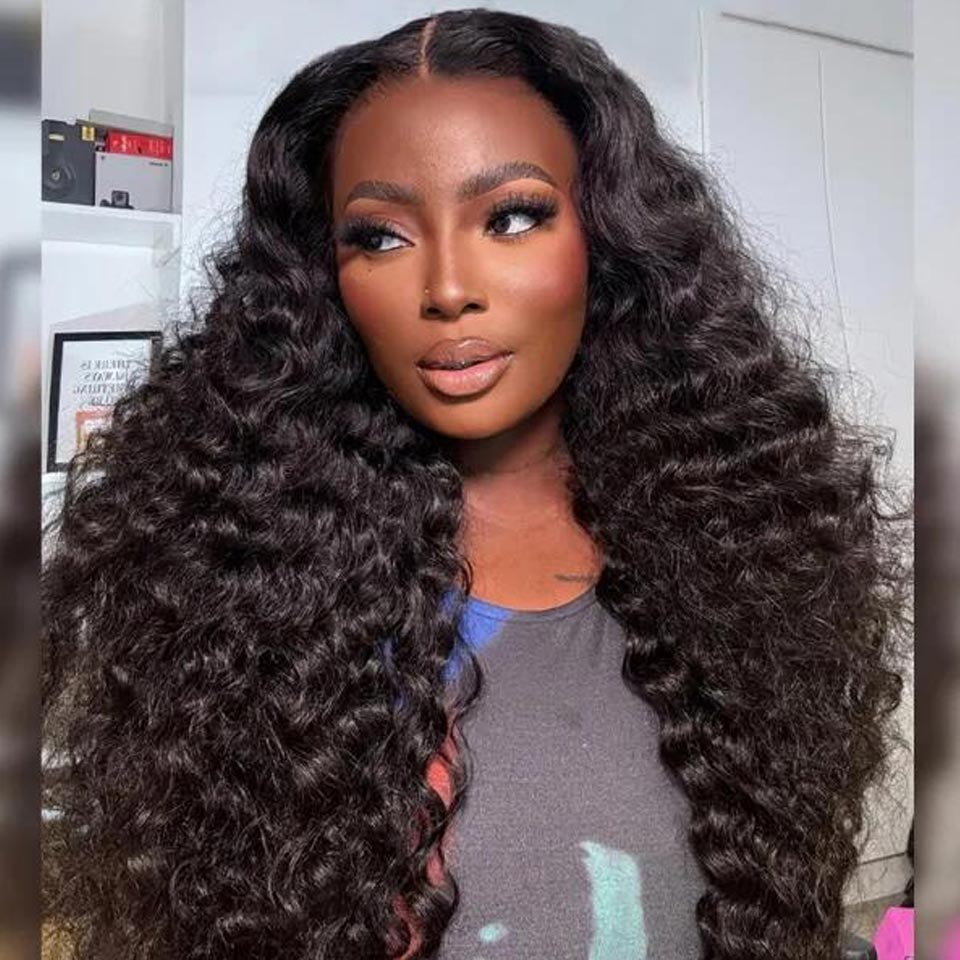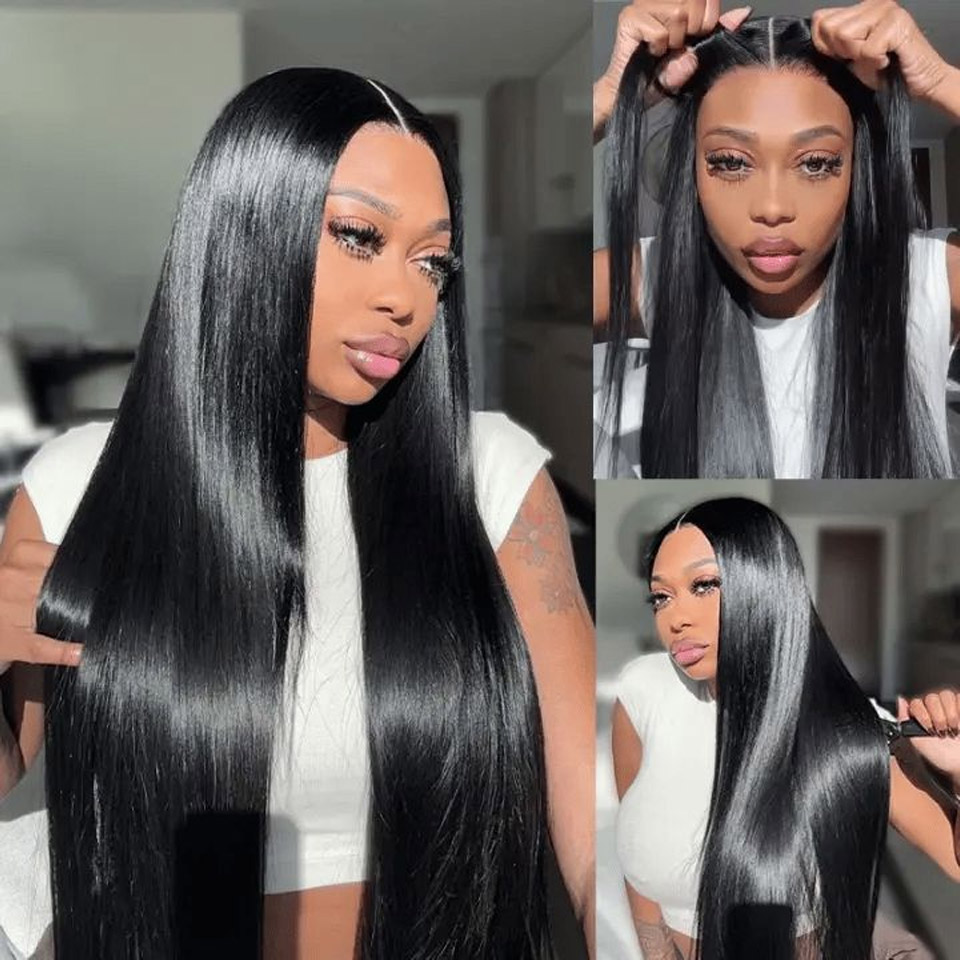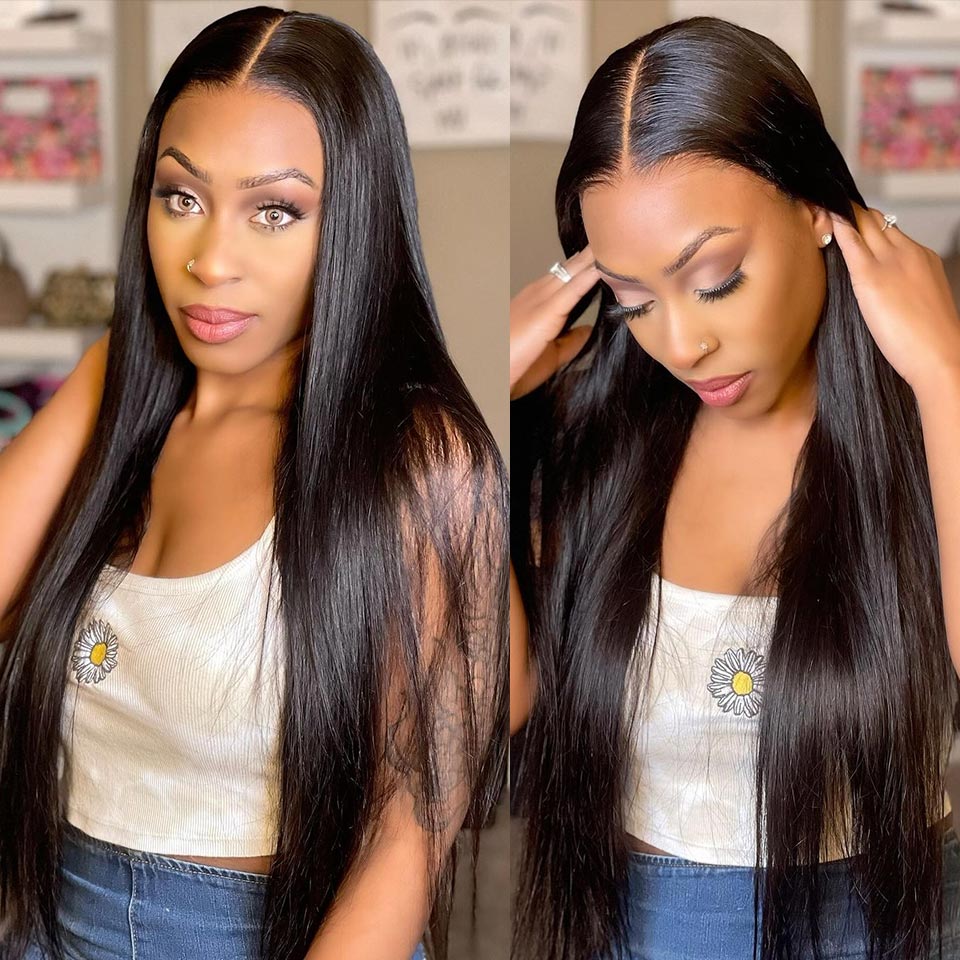Hard water is a common issue in many households worldwide, affecting not only our skin and appliances but also our hair. It is characterized by a high content of minerals such as calcium and magnesium. While these minerals are not harmful to health, they can interfere with the quality of water and, consequently, affect hair health. Understanding the signs of hard water on hair and knowing how to deal with it can help mitigate its effects, ensuring your hair remains healthy, vibrant, and strong. This article delves into the signs of hard water on hair and offers comprehensive strategies to combat its adverse effects.
Hard Water and Its Impact on Hair.
Hard water’s high mineral content can lead to various hair problems, primarily due to the way these minerals interact with hair care products and the hair shaft itself. The minerals in hard water can form a film on the hair, making it difficult for moisture to penetrate the hair shaft. This can lead to several noticeable signs indicating that hard water is affecting your hair.
Signs of Hard Water on Hair.
Dullness and Lack of Shine: One of the first signs of hard water impact is hair looking dull and lacking its natural shine. The minerals in hard water can coat the hair, reducing its ability to reflect light.
Dryness and Brittleness: Hair washed in hard water may become dry and brittle over time. The mineral build-up prevents moisture from entering the hair shaft, leading to increased breakage and split ends.
Tangled and Hard to Manage Hair: The residue left by hard water on your hair can make it more difficult to manage. You might notice your hair becomes more tangled and harder to comb through after washing.
Faded Hair Color: For those who color their hair, hard water can cause the color to fade more quickly. The minerals interfere with the color absorption, making it wash out faster than it would with soft water.
Itchy Scalp and Dandruff: Hard water can also affect your scalp, leading to dryness, which can cause itching and dandruff. The buildup of minerals can irritate the scalp, exacerbating these conditions.

How to Deal With Hard Water Hair Problems.
Combatting the effects of hard water on hair requires a multi-faceted approach, from treating the water itself to adjusting your hair care routine.
Install a Water Softener: The most effective way to combat hard water is at its source. Installing a whole-house water softener can significantly reduce the mineral content in your water, protecting your hair and skin from its drying effects.
Use a Chelating or Clarifying Shampoo: These shampoos are designed to remove mineral buildup from your hair. Using a chelating or clarifying shampoo once a week can help mitigate the effects of hard water.
Apply a Weekly Deep Conditioning Treatment: To combat dryness, incorporate a deep conditioning treatment into your weekly hair care routine. Look for products specifically designed to hydrate and nourish hair.
Vinegar Rinse: A natural way to remove mineral buildup is to rinse your hair with a solution of water and vinegar (preferably apple cider vinegar). This can help restore shine and manageability to your hair.
Use a Shower Filter: If installing a water softener is not an option, consider a shower filter. These devices can filter out some of the minerals that cause hard water issues, although they may not be as effective as a whole-house system.
Leave-in Conditioner: Applying a leave-in conditioner can provide an extra layer of protection from hard water. It can help seal in moisture and protect your hair from mineral buildup.
Limit Heat Styling: Heat styling tools can exacerbate the drying effects of hard water on your hair. Limit the use of these tools and always use a heat protectant spray when styling.
Regular Haircuts: Regular trims can help manage the effects of hard water by removing split ends and reducing breakage. This keeps your hair looking healthy and prevents further damage.
Hydrate: Increasing your water intake can help improve your overall hair health, providing your hair with the moisture it needs to combat the drying effects of hard water.
All in all.
Dealing with hard water can be a challenge, but it’s not insurmountable. By recognizing the signs of hard water damage and implementing strategies to combat its effects, you can maintain healthy, vibrant hair despite the quality of your water. Whether through home remedies, specialized hair care products, or investing in water treatment solutions, the key is to be proactive and consistent in your approach. Remember, the goal is to protect your hair from the minerals in hard water, ensuring it remains hydrated, strong, and beautiful.

